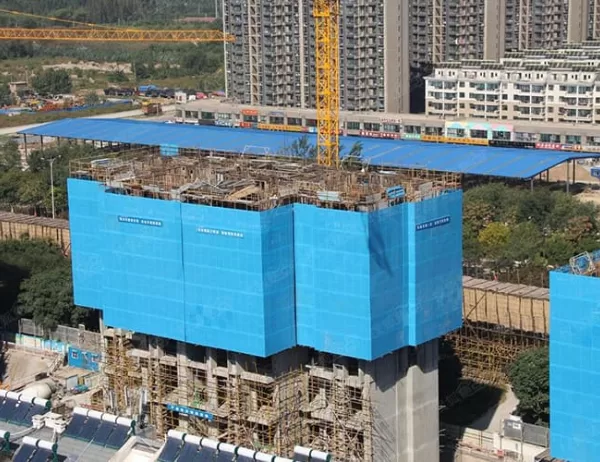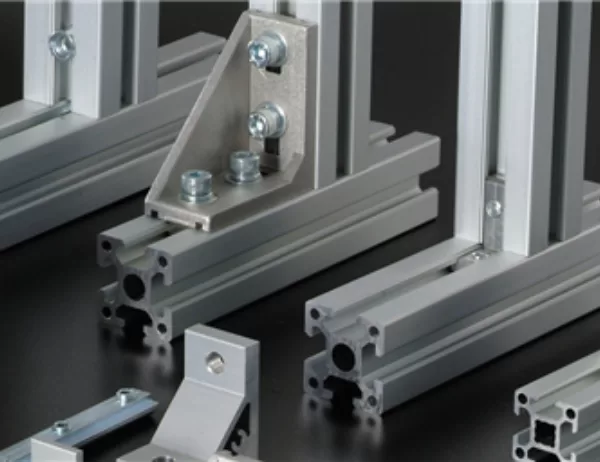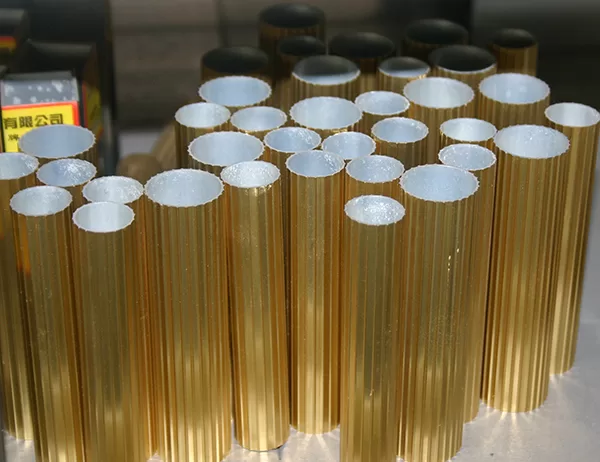Introduction: The Role of Industrial Aluminum Profiles in Industry 4.0
The advent of Industry 4.0 is transforming manufacturing processes, promising unparalleled efficiency, automation, and customization. Among the key components enabling this revolution are industrial aluminum profiles, versatile building blocks that play a crucial role in various aspects of Industry 4.0. This article aims to delve into the multifaceted role of industrial aluminum profiles in shaping the future of manufacturing.
Enhanced Automation and Integration
Industrial aluminum profiles serve as the backbone of automated production lines, facilitating seamless integration of machinery. Their precise dimensions, customizable shapes, and lightweight nature enable easy assembly and reconfiguration, adapting to dynamic production requirements. The high strength-to-weight ratio of aluminum profiles allows for the construction of robust yet lightweight structures, ensuring reliable operation and mobility.
Customization and Flexibility
One of the hallmarks of Industry 4.0 is the ability to tailor products and processes to specific customer needs. Industrial aluminum profiles empower manufacturers with the flexibility to create customized solutions. Their modular design allows for quick and cost-effective assembly, reducing lead times and enabling efficient production of specialized components. This customization extends to surface treatments and finishes, allowing for tailored aesthetic and functional properties.
Data Connectivity and IoT Integration
Industrial aluminum profiles are increasingly equipped with integrated sensors and connectivity capabilities. This enables the monitoring of equipment parameters, process conditions, and environmental data. By integrating profiles into the Internet of Things (IoT), manufacturers can gain real-time insights into production processes and optimize performance. Data analysis and predictive maintenance algorithms leverage the data collected from connected profiles, reducing downtime and improving overall efficiency.
Sustainability and Environmental Impact
Industry 4.0 emphasizes sustainability and minimizing environmental footprints. Industrial aluminum profiles contribute to this goal through their lightweight nature, which reduces energy consumption during production. Additionally, aluminum is highly recyclable, allowing for the reuse of profiles at the end of their life cycle. By incorporating recycled aluminum into profiles, manufacturers can significantly reduce their environmental impact and promote circularity in the industry.
Advanced Manufacturing Techniques
Industrial aluminum profiles facilitate the adoption of advanced manufacturing techniques. Their precise dimensions and smooth surfaces make them ideal for additive manufacturing processes, such as 3D printing and laser cutting. By leveraging these technologies, manufacturers can produce complex geometries, lightweight components, and customized parts with reduced material waste. Additionally, profiles serve as a substrate for innovative fabrication methods, such as friction stir welding and laser welding, enhancing the structural integrity and durability of manufactured products.
Conclusion
Industrial aluminum profiles are indispensable building blocks in the realization of Industry 4.0. Their multifaceted capabilities, including enhanced automation, customization, data connectivity, sustainability, and support for advanced manufacturing techniques, empower manufacturers to meet the evolving demands of the digital era. By harnessing the potential of industrial aluminum profiles, businesses can transform their operations, unlock new possibilities, and drive the future of manufacturing innovation.




